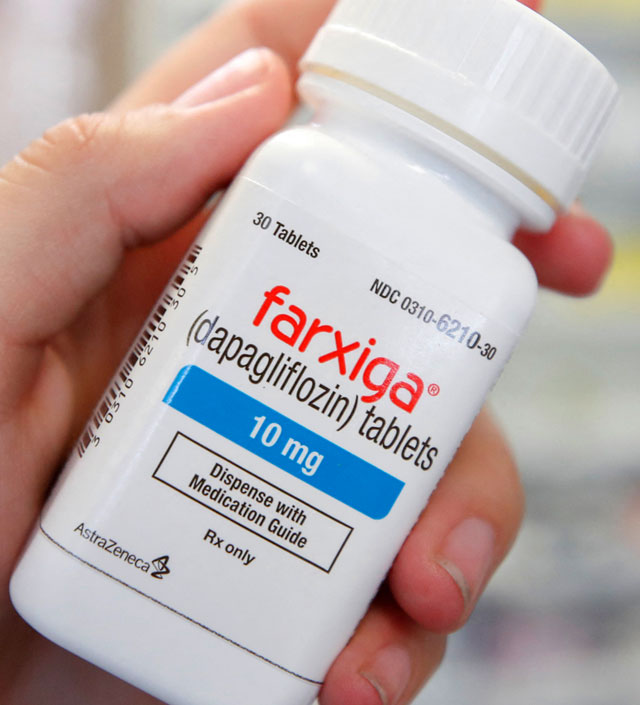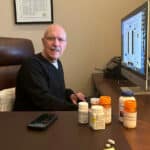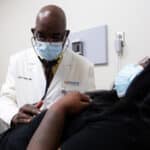An influential U.S. panel has added screening for chronic kidney disease (CKD) to its list of preventive services under active consideration, the group’s chair told Reuters, a move that could help identify patients eligible for new drugs that treat the disease earlier.
The U.S. Preventive Services Task Force (USPSTF) last addressed the issue in 2012, finding insufficient evidence to assess routine screening for CKD in asymptomatic adults. That conclusion does not reflect the latest science and is now inactive, Dr. Carol Mangione, chair of the government-backed panel, said in an email.
The change has not been announced in any public forums, a USPSTF spokesperson confirmed.
A potential update is being driven in part by new drugs that can slow progression of a disease with no symptoms in its early stages but that can lead to kidney failure, which is fatal without dialysis filtering or a kidney transplant.
“For a screening to help people live longer, healthier lives, clinicians must be able to treat the condition once it is found. The existence of effective treatments is one of many important factors that the Task Force considers,” Mangione said.
Newer type 2 diabetes treatments known as SGLT2 inhibitors that work by prompting the kidneys to expel excess blood sugar through urine have been shown to have separate beneficial effects on the heart and kidneys.
AstraZeneca’s Farxiga won U.S. approval last year to slow progression of early-stage kidney disease. A large trial of Eli Lilly and Boehringer Ingelheim’s Jardiance was stopped in March after it became clear the drug was beneficial for kidney disease patients.
The National Kidney Foundation estimates that 37 million people in the United States have kidney disease, but around 90% do not know they have it. About 800,000 are living with end-stage renal disease, requiring dialysis or a transplant to stay alive.
“Most of kidney and cardiovascular disease is silent … until something happens and then it is catastrophic,” said Dr. Anjay Rastogi, director of the University of California Los Angeles kidney health program.
USPSTF recommendations typically trigger insurance coverage for diagnostic testing. Once the panel prioritizes an update of its screening recommendation, it would create a draft plan and post it for public comment. The full process could take as long as three years.
People with conditions such as hypertension and diabetes are at high risk of kidney disease, and several medical societies already recommend screening them for CKD. Diabetes is the leading cause of kidney failure, accounting for about 40% of new cases, the Kidney Foundation estimates.
Older Drugs, ‘Dismally Low’ Use
Until recently, treatment for those identified with early CKD consisted largely of decades-old blood pressure medicines.
Because many cases go undetected, use of these older drugs “is dismally low” at around 25% to 40% of CKD patients, said Dr. Katherine Tuttle, a kidney disease expert at the University of Washington in Seattle.
Farxiga, Jardiance and Johnson & Johnson’s Invokana were previously approved to treat type 2 diabetes patients with CKD. A recent study using March 2021 data from a large Boston health center found that just 6% of those patients had been prescribed an SGLT2 drug.
Screening for kidney disease typically consists of a blood test for levels of a waste product called creatinine and a urine test for albumin, a type of protein.
“The tests we’re talking about, like a urine albumin test, are $10,” said Tuttle, adding that it is not this testing that “is breaking the healthcare budget.”
But the drugs themselves are costly, which has held back use.
Farxiga’s U.S. list price is $533 for a 30-day supply, although AstraZeneca emphasizes patient assistance programs aimed at covering co-pays and the uninsured.
“This is a progressive disease,” said Sarah Walters, head of cardiovascular, renal and metabolism for AstraZeneca. “Many of these patients, if intervention is not made, they will end up on dialysis.”
This article was provided by Reuters.







